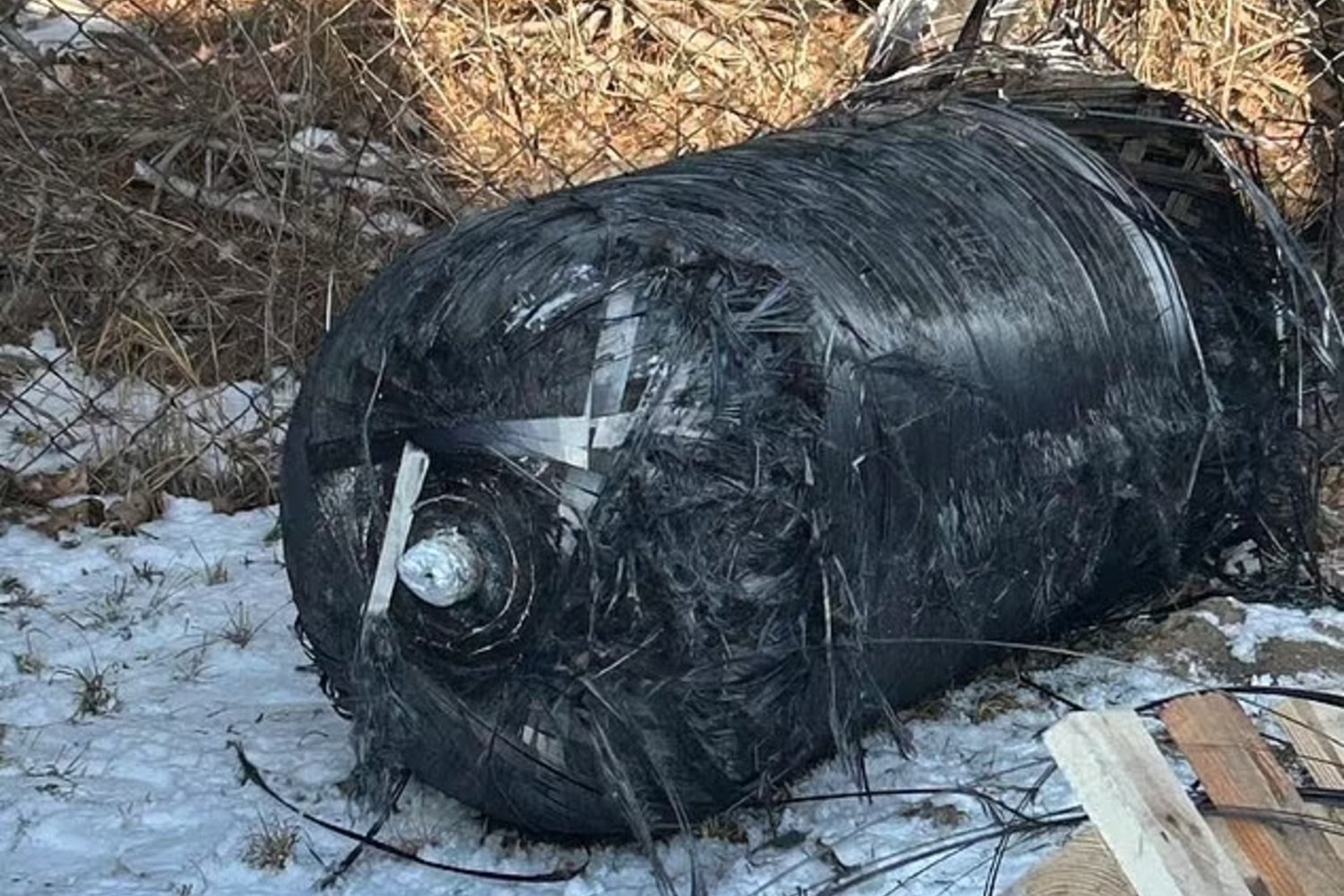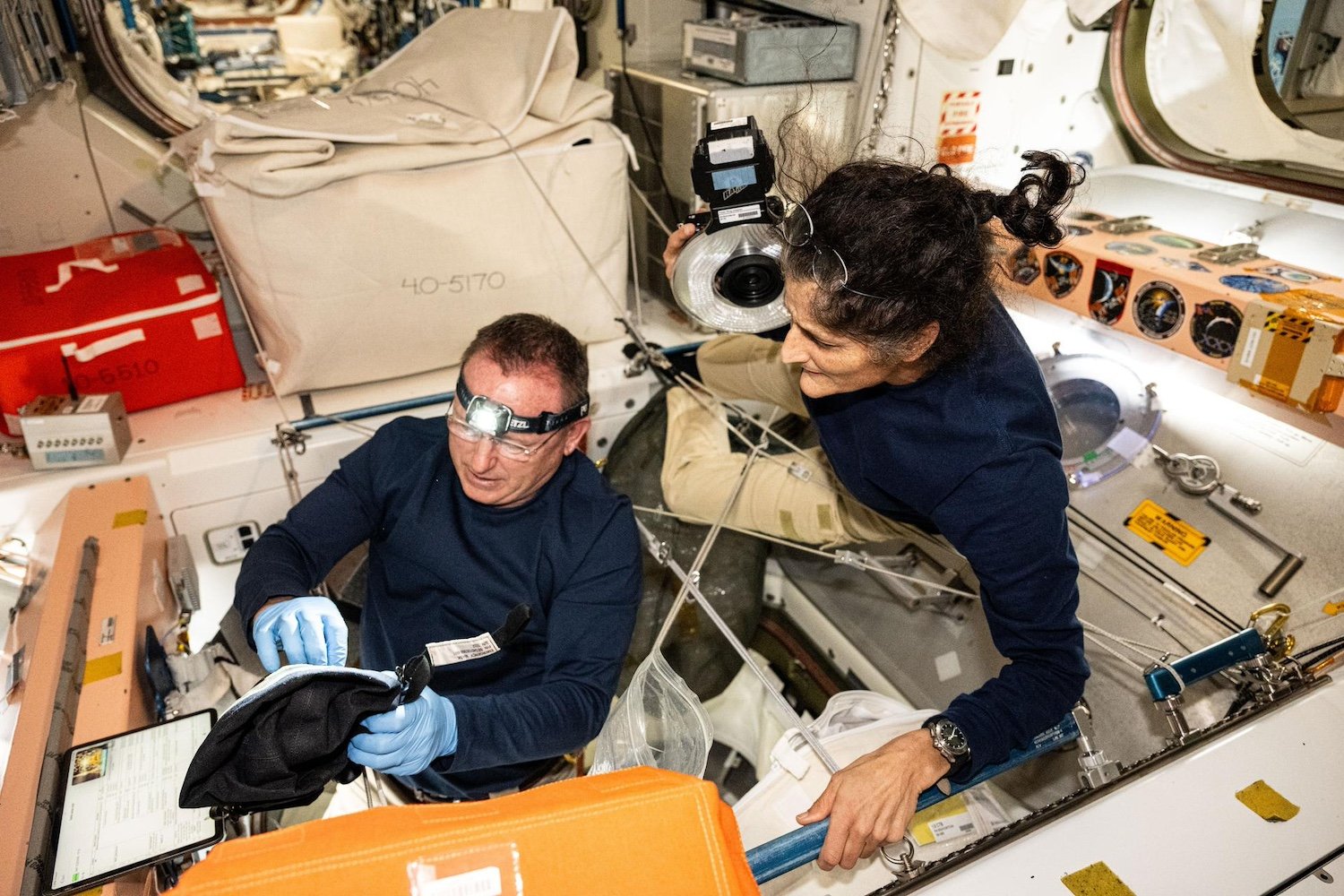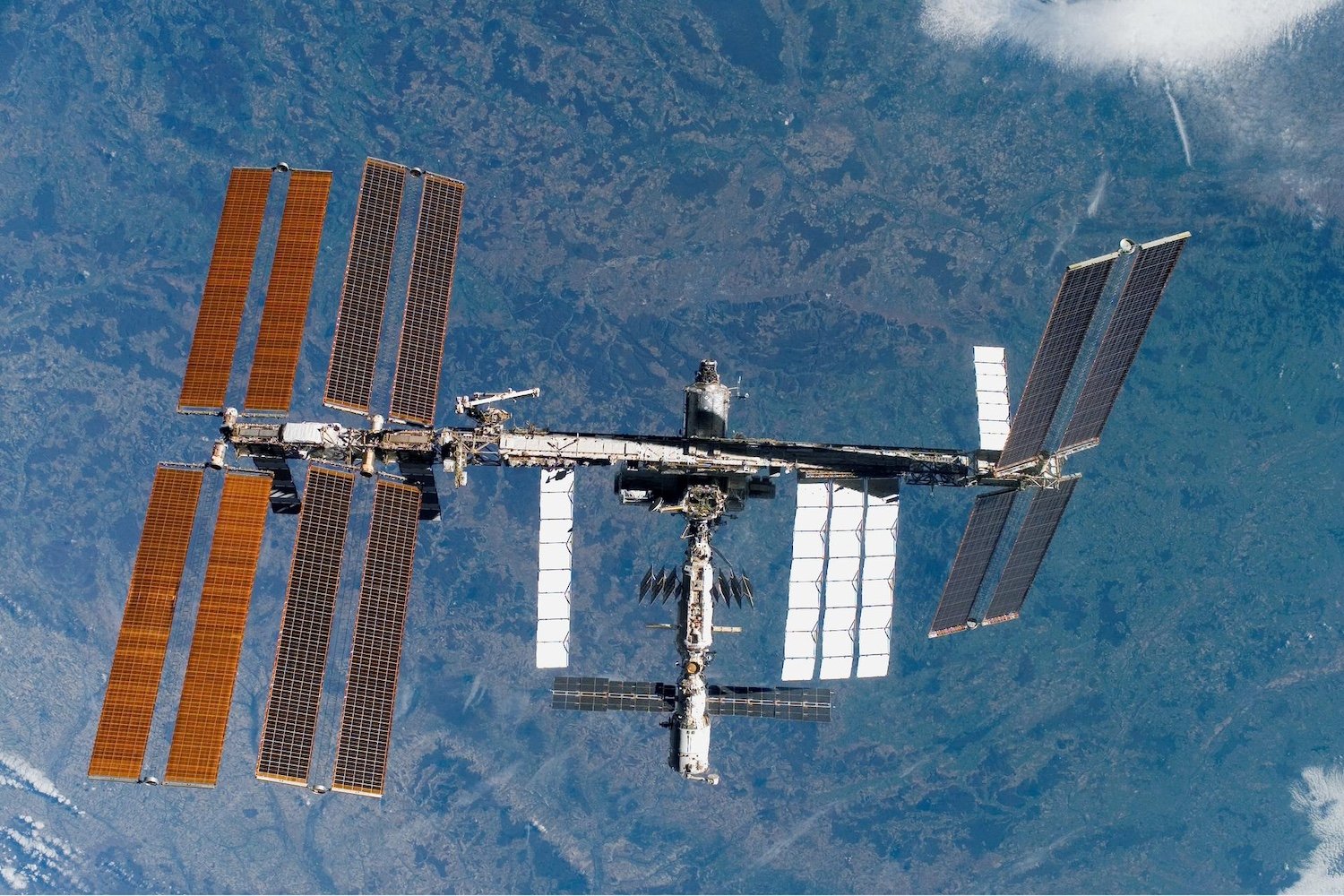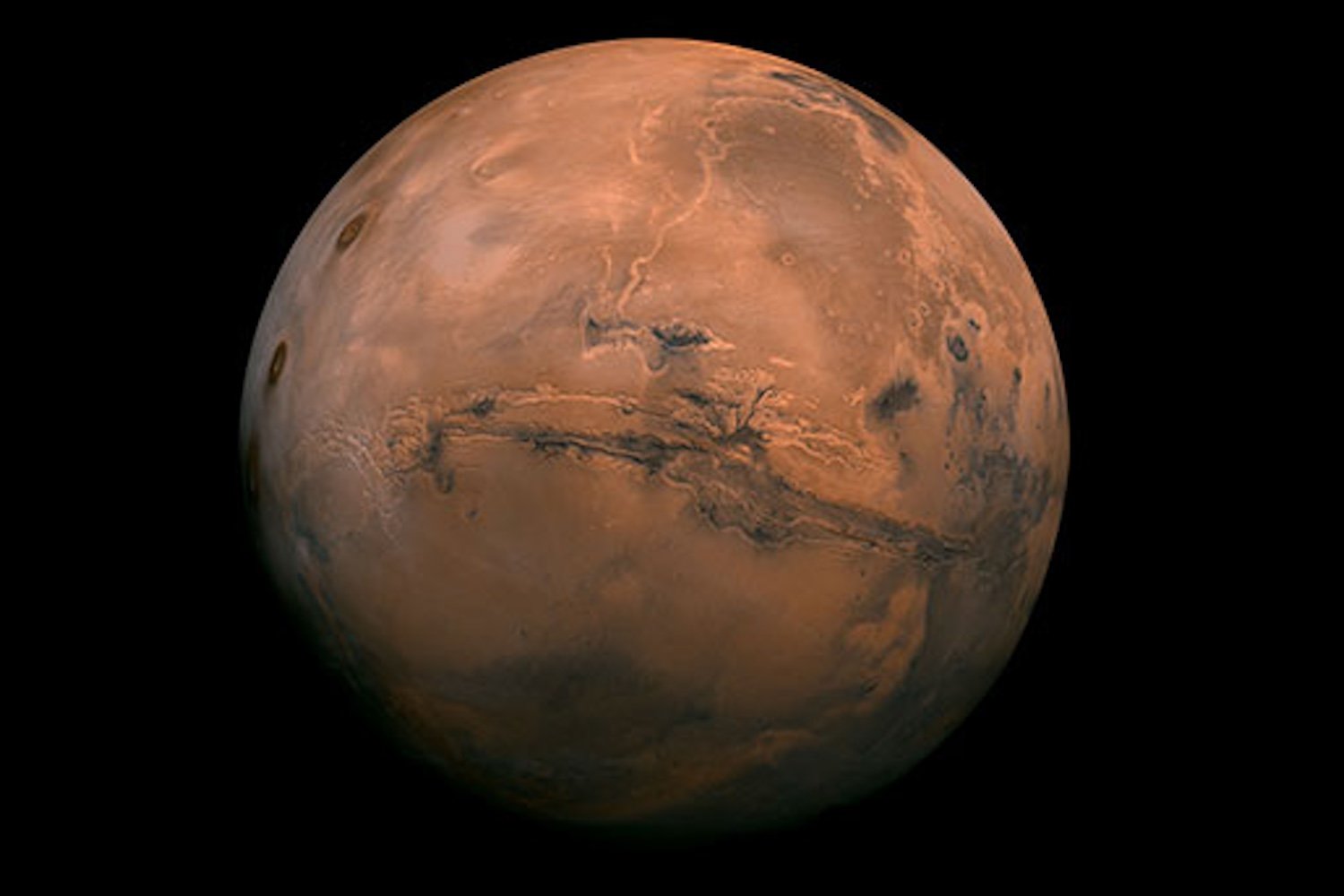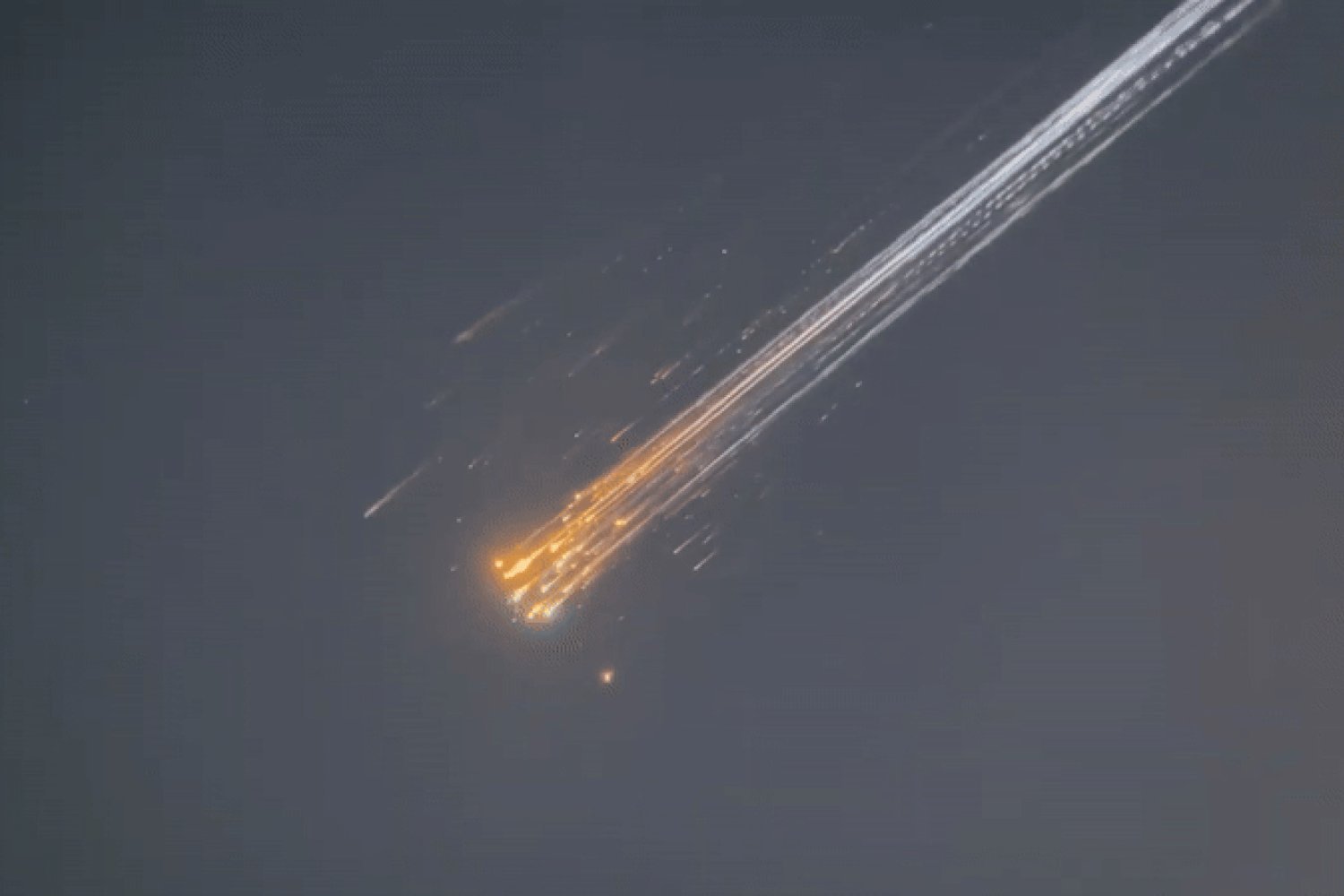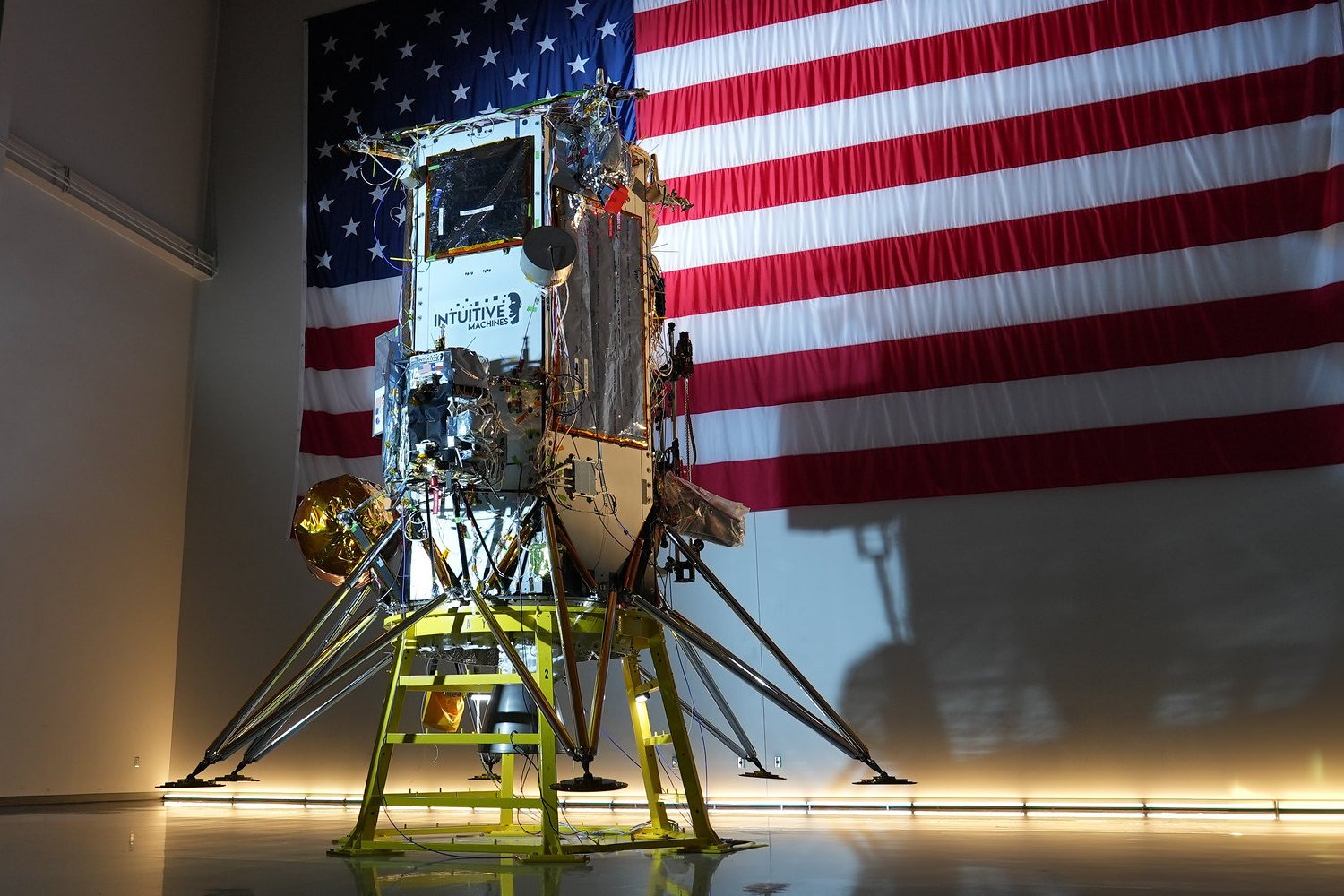The early morning sky over Northern Europe put on a spectacular, albeit unsettling, show on Wednesday. Around 3:30 am, a SpaceX Falcon 9 rocket made an uncontrolled re-entry into Earth’s atmosphere, streaking across the skies of Denmark, Sweden, and England. The fiery spectacle culminated with debris impacting the ground in Poland, and possibly Germany and Ukraine, leaving residents baffled and authorities scrambling to investigate.
Uncontrolled Descent and Ground Impact
The most significant piece of debris discovered was a large, charred tank found by Adam Borucki, a warehouse owner in Komorniki, Poland. The tank, measuring approximately five feet long and three feet wide, landed in Borucki’s backyard. He immediately contacted the police, who collaborated with the Polish space agency, Polsa, to confirm its origin as part of the SpaceX Falcon 9 rocket. Another similar tank was later discovered in a forest near Wiry, Poland, according to the BBC.
Polsa determined that the debris originated from the second stage of a Falcon 9 rocket, re-entering the atmosphere between 04:46 and 04:48. While the majority of the debris appears to have landed in Poland, reports suggest that some parts may have also reached Germany and Ukraine. Fortunately, no injuries have been reported as a result of the falling debris.
The Challenge of Second-Stage Re-entry
SpaceX is renowned for its reusable first-stage booster rockets, designed for controlled landings back on Earth. However, the second stage, responsible for delivering the payload to orbit, is intended to burn up and disintegrate upon re-entry. This process isn’t always successful, and sometimes debris survives the fiery descent, impacting Earth’s surface.
This incident isn’t an isolated case. A similar tank was found in Brazil after a 2014 SpaceX launch, and another landed on a farm in Washington state in 2021. Ideally, re-entry is planned to occur in a controlled manner, targeting the ocean for debris impact. However, the reality is often different, and SpaceX debris appears to be an increasingly frequent issue.
A Growing Concern: SpaceX Debris and Global Impacts
Earlier this year, the British islands of Turks and Caicos reported being littered with SpaceX debris. Australia has also experienced intermittent showers of rocket parts for the past couple of years. The impact on air travel has also been notable, with Australian airline Qantas forced to delay flights by up to six hours to avoid falling debris.
Conclusion
The uncontrolled re-entry of the SpaceX Falcon 9 rocket stage and the subsequent debris scattered across Poland, and potentially Germany and Ukraine, highlights the ongoing challenge of managing space debris. While SpaceX’s reusable rocket technology is a significant advancement, the uncontrolled descent of second-stage components poses a risk. The increasing frequency of such incidents underscores the need for improved mitigation strategies and international cooperation to address the growing problem of space debris and ensure the safety of people and property on Earth.



